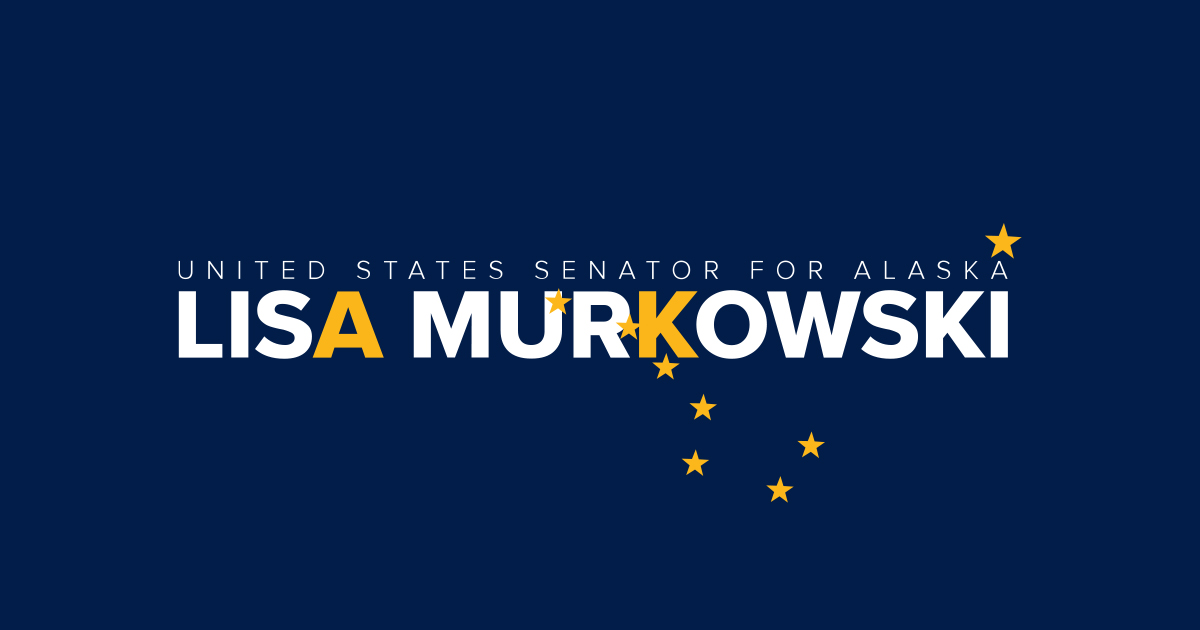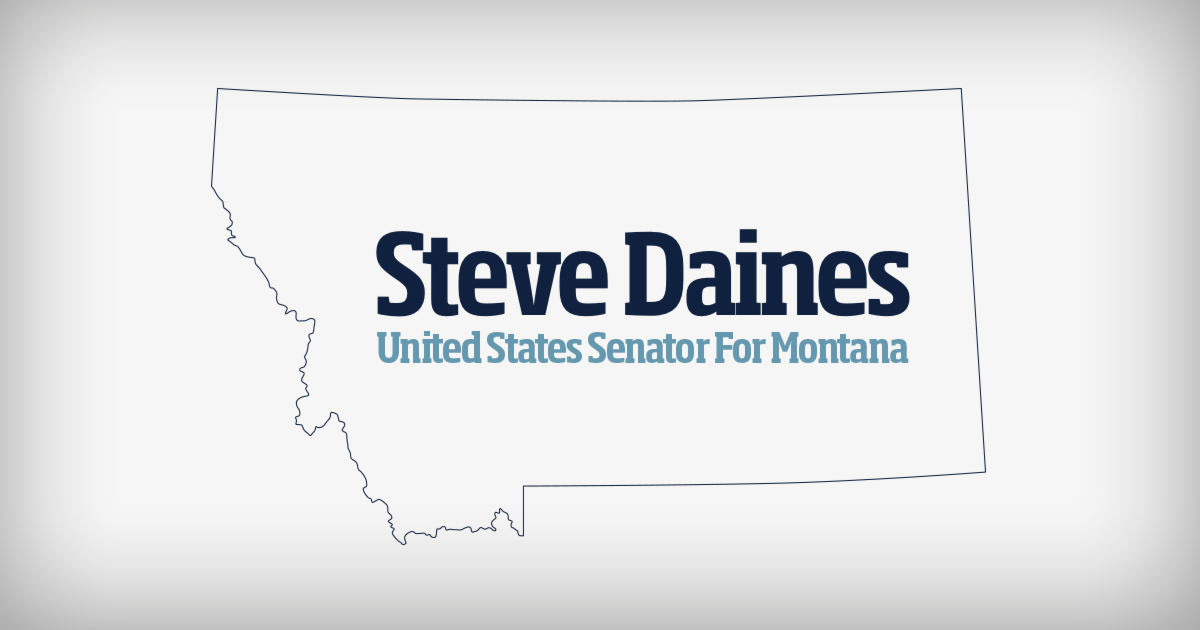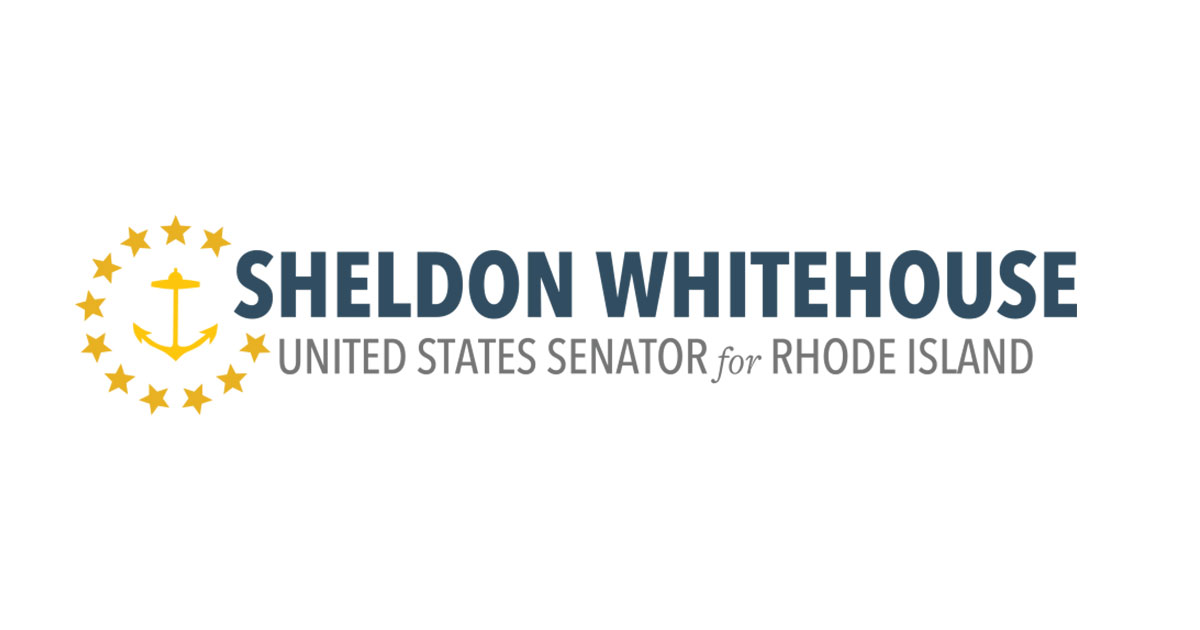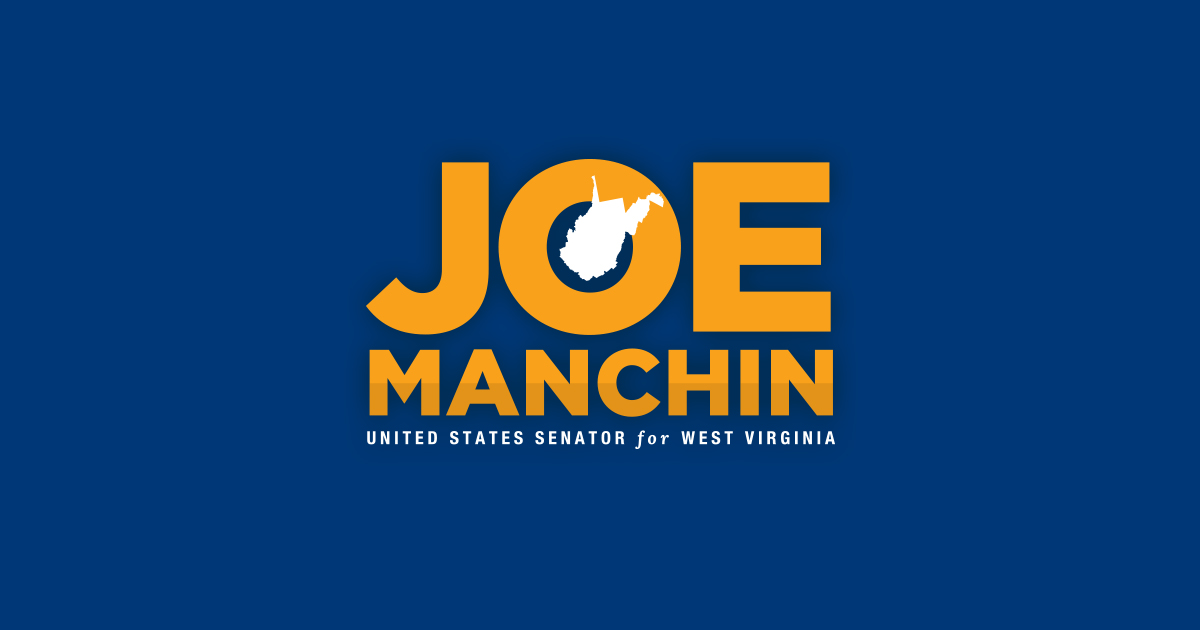Source: United States Senator for New Mexico Martin Heinrich
WASHINGTON – In an op-ed published by The New York Times today, U.S. Senator Martin Heinrich (D-N.M.) calls for electrifying large parts of the U.S. economy and changing the supply of all that electricity from polluting fuels to clean energy. Senator Heinrich, a member of the Senate Energy and Natural Resources Committee, introduced the Electrifying America’s Future Resolution last month to advance the vision of widespread electrification of appliances and machines in American homes and businesses.
The New York Times Opinion: The Electric Future Must Begin Now
By Martin Heinrich
Our future depends on our acting now to confront the climate crisis by enacting policies to convert our economy from fossil fuels to clean energy. By making this switch, we will also create millions of new jobs, save American households money on their energy bills and protect lives by improving the air we breathe in our homes and workplaces.
To get there, we need to begin by electrifying large parts of our economy and changing the supply of all that electricity from polluting fuels to clean energy. We must start with our homes and vehicles because, according to research from Rewiring America, a nonprofit organization focused on the widespread electrification of the U.S. economy, 42 percent of all of our energy-related carbon emissions come from the machines we have in our households and our cars. To keep global warming at livable temperatures, we need to replace existing machines that use fossil fuels with clean electric substitutes when they reach the end of life.
Deep decarbonization analyses, such as a recent report by National Academies of Sciences, Engineering, and Medicine, conclude that working to electrify our vehicles, homes and businesses is a critical part of achieving economywide net-zero carbon emissions by 2050.
We cannot rely on Energy Star, which certifies energy-efficient products. We need to get to zero emissions as soon as possible, and you can’t “efficiency” your way to zero. Even an efficient natural gas furnace installed today can emit carbon dioxide for 20 years or more.
Rewiring America offers one blueprint for this transition that underscores its enormous scope — and the benefits that will result. The group has calculated that we must replace or install one billion machines. More than half of those would replace the ones we now have in our homes that burn fossil fuels — including our space-heating machines like furnaces, water heaters, cars, and clothes dryers. What if we build those electric appliances in America? That’s a lot of manufacturing.
The other close to half a billion machines are the infrastructure we must install to generate and distribute that electricity — breaker boxes, batteries, rooftop solar systems and vehicle chargers. To power those billion machines, we will need to greatly increase the amount of electricity we produce, and do so cleanly.
One billion sounds like a daunting number, but it is also an enormous opportunity. Rewiring America’s road map will create, among other things, as many as 25 million new, good-paying jobs at the peak of this effort to switch to clean energy. Those jobs will be spread across the country. These workers will be the electricians installing new car-charging stations in your garage and the plumbers replacing that old gas water heater with a hyper-efficient heat pump water heater. They will be HVAC technicians replacing that old gas furnace with a ducted heat pump.
My father was a utility lineman — a union job that gave me the opportunity to go to college and my parents some stability when they retired. There will be many more jobs like my father’s and many more opportunities as we build, install and maintain those billion machines and the grid that supports them.
A strategy based on electrification will enable the United States to both improve the economy and confront climate change using existing technology.
We need to get started today. And that requires three things. First, we need to invest in upgrading the breaker boxes in American homes so that they can take higher-capacity electrified appliances. These new breaker boxes will help to manage the load on a decarbonized grid. Second, we need to bring down the upfront costs of electrified appliances through rebates, incentives and low-cost financing to encourage consumers to buy them. Fossil-driven machines may be cheaper initially, but operating electrical machines will be cheaper far into the future, and their price will come down with economies of scale.
Last, we need to help organize very fragmented local markets, train workers, reduce regulations that make electrification and distributed generation more expensive, and encourage business models that make it easy and intuitive for homeowners to replace and install their share of these one billion machines.
Helping Americans electrify their future will cost money. The upfront cost to government has been estimated at roughly $3 trillion dollars over the first 10 years — $300 billion a year — and will require meaningful private investments as well. But these investments will be offset by significant savings on home energy bills of as much as $2,585 a year per household and by economy-boosting job creation. And they will help us avoid the enormous economic and human costs of climate change — which could reach nearly $8 trillion worldwide by 2050, according to one analysis.
Electrifying smartly will make our grid more reliable and our homes more resilient, and create millions of good-paying jobs. And it will go a long way toward saving the planet for us and future generations.





